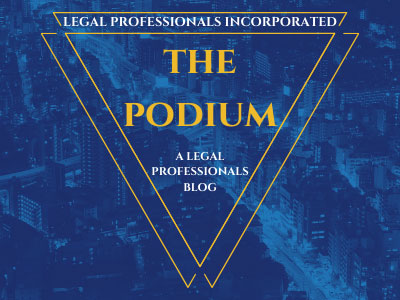
San Diego Lagging Behind Other Counties in Amnesty Participation
When the San Diego Superior Court announced the governor’s signing of a law for onetime amnesty for unpaid pre-2013 traffic tickets and non-traffic infractions, it prepared for a crowd to appear at the courthouse, but surprisingly many San Diegans have not taken up the offer to clear their overdue fines and offenses.
Last October, the San Diego Superior Court and the 57 other California Superior Courts started offering amnesty on the unpaid amount due on traffic and non-traffic infraction fines imposed more than two years ago. While counties such as Orange County have had more than 7,000 people participate in the amnesty program so far, San Diego has seen less than 2,700 residents request the help.
“We are going back to the drawing board to find a better way of communicating with those who need this program. Our normal methods of communication don’t seem to be reaching the right people,” says Michael Roddy the Superior Court’s Executive Officer. One of the new efforts is enlisting services organizations to help get the word out.
In June 2015, Governor Brown signed the one-time amnesty program into law. The program, which will run from October 1, 2015 through March 31, 2017, was created as an incentive for people to resolve infraction-related delinquencies.
There are two groups of people who can participate in the amnesty program:
Persons with unpaid tickets whose bail or fines were originally due to be paid on or before January 1, 2013 and who are not current with payments, may be eligible to have both their debt reduced by 50 or 80 percent, depending on income, and the hold on their driver’s license released.
Persons who were delinquent, but are currently making payments or become current at the date of the request, are not eligible for a reduction, but may be eligible to have the “failure to appear or pay” notification removed from their driving record.
Parking tickets and most misdemeanors, including driving under the influence and reckless driving, are not eligible. Individuals who owe restitution to a victim or have an outstanding warrant are also not eligible to apply for the amnesty program.
A $50 Amnesty Program Fee will be charged for each eligible participant. This fee will be added to the first payment or lump sum amount. In addition, the Department of Motor Vehicles will also charge a $55 Driver’s License Reinstatement fee, if it applies. Civil assessments will be deducted and will not have to be paid.
Before contacting the court, one should review the California Courts’ web page on the Amnesty Program. The site is also available through the San Diego Superior Court’s website at sdcourt.ca.gov.
Individuals who think they may be eligible for the Amnesty program should complete the Amnesty Program Participation Form (available on the court’s website) and bring it to the Court location where the delinquent ticket is filed. Individuals must appear in person to request amnesty, unless they live out of the state or county.
http://www.sdcourt.ca.gov/pls/portal/docs/PAGE/SDCOURT/GENERALINFORMATION/NEWS/NEWSRELEASES/NEWSRELEASESPART1/02-22-2016%20-%20PRE-2013%20TRAFFIC%20AMNESTY%20PROGRAM-FINAL.PDF
Categorized in: Legal Procedure
| << previous | next >> |








